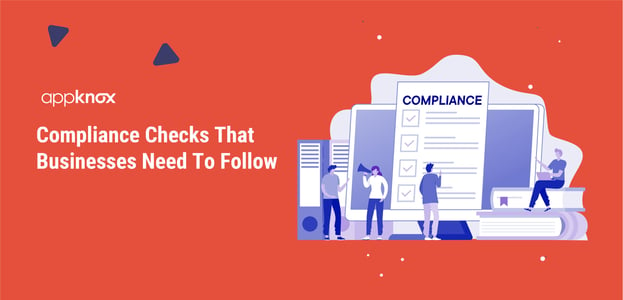
BLOG

BLOG
One of the biggest challenges that organizations face nowadays is the compliance check that businesses have to go through. Every organization needs to face compliance audit policies as sensitive data is always at risk. So in order to secure and establish network services, there are some guidelines which every organization needs to meet. The various regulatory compliances are PCI-DSS, FISMA, GLBA, SOX, ISO 27001 and HIPAA and these guidelines helps to ensure and provide reports to auditors when needed. If the guidelines are not met by any organization, then it might result in severe penalties.
Now let us look at the various compliance checks/reports in general.
If you want to process, store or transmit customer credit card data, then you must follow the guidelines of the PCI DSS (Payment Card Industry - Data Security Standards). This compliance check was created in order to give a check to the threat which rises for the credit card holder’s personal information and these includes the threats both from inside and outside forces. It is mandatory for all organizations to meet PCI-DSS check which includes giants like Master Card, Visa and American Express.
The main objective of FISMA compliance is to check whether federal agencies and departments are trying to mitigate the security risks of crucial data and hence all the government contractors and agencies dealing with government systems are bound to follow the guidelines of FISMA compliance. Moreover, all the organizations need to maintain all of their audit records for security events as per FISMA.
This act requires all the public accounting firms and companies to confirm their accuracy in case of finance to their auditors. This Act is made to protect and control the financial data and hence all the companies must produce report according to the SOX guidelines and that too in details showing how security is handled internally.
This act sets the standard for protecting sensitive patient data. Any company that deals with protected health information (PHI) must ensure that all the required physical, network, and process security measures are in place and followed. The regulations of HIPAA were made to secure the security and integrity of the information on health which includes protection against unauthorized use of the data. It says that the security process must be made to protect against successful unauthorized access or modification with the system operations.
GLBA Act states that every financial institution must have processes and policies for protection of “non-public personal information” from various malicious threats. It requires financial institutions – companies that offer consumers financial products or services like loans, financial or investment advice, or insurance – to explain their information-sharing practices to their customers and to safeguard sensitive data.
The international standard to secure your important data and asset from threats is ISO 27001 and till now it is the most secure and known standard. This standard has showed its importance and influence over the large as well as small scale industries especially in Japan, India, United Kingdom, United States
and many others.
.jpg?width=50&height=50&name=10606600_10204086667262761_7381430219125488912_n%20(1).jpg)
